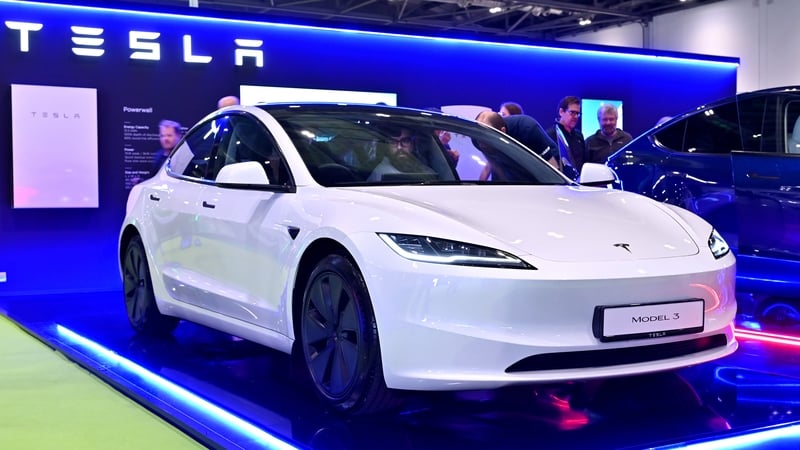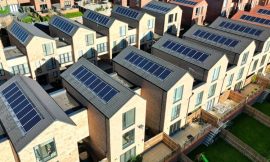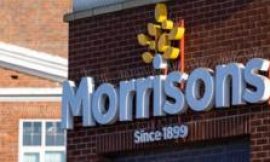Tesla posted another big drop in quarterly deliveries today, setting it up for its second straight annual sales decline as demand falters due to backlash over CEO Elon Musk’s political stance and an aging vehicle lineup.
The automaker said it delivered 384,122 vehicles in the second quarter ended June 30, posting a fall of 13.5% from 443,956 units a year ago, despite Musk saying in April that sales had turned around.
Still, its shares rose 5% as the decline was less severe than the bleakest analyst forecast, partly helped by a modest recovery in demand in China. The stock has lost nearly 25% of its value this year.
Analysts expected Tesla to deliver 394,378 vehicles, according to an average of 23 estimates from Visible Alpha, although projections dropped as low as 360,080 units based on estimates from 10 analysts over the past month.
Several Wall Street brokerages had slashed their deliveries estimates in the past month, fearing demand and brand damage from Musk’s embrace of right-wing politics and his role in spearheading the Trump administration’s cost-cutting effort.
“The market is reacting to the deliveries not being as bad as potentially thought with multiple analysts cutting their forecasts over the past week,” said Seth Goldstein, senior equity analyst at Morningstar.
Tesla in June snapped eight straight months of sales decline in China, a sign that its refreshed Model Y crossover SUV was attracting some buyers despite tough competition from more affordable Chinese rivals such as BYD.
Tough task
Still, Tesla faces an uphill task in avoiding another yearly decline. To achieve Musk’s target of returning to growth this year, Tesla would need to deliver more than a million units in the usually strong second half – a record, according to analysts.
That could be tricky as competition heats up and the Trump administration’s massive tax-and-spending bill threatens to eliminate key EV incentives, including a $7,500 tax credit on new sales and leases.
Federal tax credits for EV purchases have helped sustain sales in the sector, even as the U.S. Federal Reserve raised interest rates to tame inflation.
Musk and US President Donald Trump have also escalated a feud over the tax bill, with the latter threatening to cut off the billions of dollars in subsidies his companies receive from the federal government.
The spat has rattled investors, fueling concerns that regulators could intensify scrutiny of Tesla’s self-driving tech that is central to its nearly trillion-dollar valuation.
The company last month rolled out a robotaxi service in limited parts of Austin, Texas, for a select group of invitees and with several restrictions, including having a safety monitor in the front passenger seat.
The automaker had said it would start producing a cheaper vehicle – expected to be pared-down Model Y by June end. Reuters had reported in April it was delayed by at least a few months.




